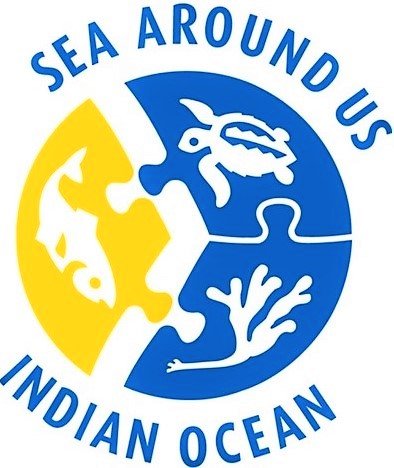Strengthening food security through fisheries
Fish market in Indonesia. Copyright Megan Moews, NOAA
A review led by the Sea Around Us – Indian Ocean at the University of Western Australia and the Sea Around Us at the University of British Columbia stresses the need to develop health- and nutrition-focused fisheries policies rather than the current economic commodity maximization policies. If fisheries were treated as a domestic public health asset rather than purely a business, billions of people around the world would greatly benefit from increased food- and nutrient-security.
New studies have increased the knowledge of nutrient and micronutrient contents of fish, underlining the role of fisheries in addressing malnutrition and nutrition-related diseases in regions where this is most needed, such as tropical low-income countries;
Fish are vital sources of critical nutrients including iron, zinc, calcium, vitamins and essential fatty acids, yet are being caught and exported to high-income countries or ground-up into fishmeal. This greatly limits direct food and nutrient access in low-income countries where under-nutrition and hunger affects millions of people;
Global fish catches have been experiencing a steady decline of around 1 million tonnes per year since the mid-1990s, due largely to overfishing. This trend is expected to continue unless policies to reduce overfishing are implemented; and
Shifting the policy framework for fisheries away from being simply an economic commodity to a domestic health asset, may assist in addressing the nutritional shortfalls in low-income countries.
Author Comments
“Fish constitutes a major component of the diet of more than 3 billion people around the world. In low-income countries, in particular, small-scale fisheries are the main source of nutrients for over a billion people,” said Dr Gabriel Vianna, lead author of the study and a research fellow with the Sea Around Us – Indian Ocean. “The problem is that many of these countries export their more highly-nutritious fish and import lower-quality fish and fish products, thus creating a net loss of essential nutrients.”
“Because of the growing recognition of the potential health benefits of fish consumption, demand from high-income countries has increased, and industrial fishing fleets have expanded their fishing capacity to the waters of low- and middle-income countries,” Dr Vianna said. “This is contributing to local overfishing, causing competition with and displacement of local, small-scale fishers, and increases in prices of local fish, ultimately depriving low-income populations of essential nutrients, thus intensifying malnutrition.”
“If not addressed, the resultant loss in biomass due to overfishing will translate into a shortage of fatty acids and essential micronutrients, affecting more than 10% of the global population, with a disproportionately high impact in tropical low- and middle-income countries,” said Prof Dirk Zeller, co-author of the study and director of the Sea Around Us – Indian Ocean. “If you combine this with the increasing impacts of climate change, the challenges faced by the artisanal and subsistence fisheries that feed so many people in these countries are considerable and need to be addressed urgently.”
“These insights into fish as health assets should contribute to not only limiting industrial fishing overcapacity but also to policies tackling the rebuilding of fish populations by, for example, creating a network of no-take marine protected areas,” said Prof Daniel Pauly, co-author of the study and principal investigator of the Sea Around Us at the University of British Columbia. “In turn, nutritional deficiency would be addressed, because local populations would have more access to local fish and more disposable income for expenditures on higher-quality food to complement diets.”
Citation: Vianna GMS, Zeller D, Pauly D (2020) Fisheries and policy implications for human nutrition. Current Environmental Health Reports.
The publication can be found at https://doi.org/10.1007/s40572-020-00286-1

